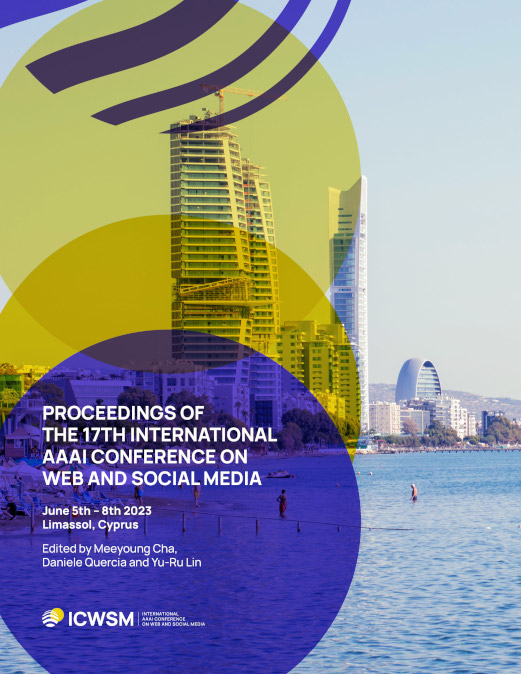Google the Gatekeeper: How Search Components Affect Clicks and Attention
DOI:
https://doi.org/10.1609/icwsm.v17i1.22142Keywords:
Engagement, motivations, incentives, and gamification., Ranking/relevance of social media content and usersAbstract
The contemporary Google Search Engine Results Page (SERP) supplements classic blue hyperlinks with complex components. These components produce tensions between searchers, 3rd-party websites, and Google itself over clicks and attention. In this study, we examine 12 SERP components from two categories: (1) extracted results (e.g., featured-snippets) and (2) Google Services (e.g., shopping-ads) to determine their effect on peoples’ behavior. We measure behavior with two variables: (1) click- through rate (CTR) to Google’s own domains versus 3rd-party domains and (2) time spent on the SERP. We apply causal inference methods to an ecologically valid trace dataset comprising 477,485 SERPs from 1,756 participants. We find that multiple components substantially increase CTR to Google domains, while others decrease CTR and increase time on the SERP. These findings may inform efforts to regulate the design of powerful intermediary platforms like Google.Downloads
Published
2023-06-02
How to Cite
Gleason, J., Hu, D., Robertson, R. E., & Wilson, C. (2023). Google the Gatekeeper: How Search Components Affect Clicks and Attention. Proceedings of the International AAAI Conference on Web and Social Media, 17(1), 245-256. https://doi.org/10.1609/icwsm.v17i1.22142
Issue
Section
Full Papers

